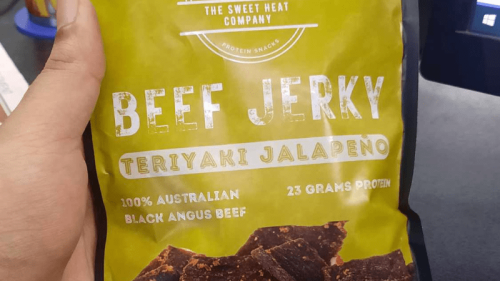THERE is considerable evidence that a rethink vis-à-vis Pakistan’s security strategy is required on an urgent basis. In the militancy-hit north-western parts of the country where army operations have been conducted or are being contemplated, prosecuting suspected militants has proved so problematic that human rights groups accuse law-enforcement authorities of resorting to extrajudicial killings. The situation in the northwest is similar to that in the rest of the country where suspected criminals and terrorists walk free because of poor investigation and insufficient evidence to prove the prosecution’s case. Over the years, different pieces of legislation, such as the Anti-Terrorism Act, 1997, under which anti-terrorism courts were established, have been formulated to cover dangerous new realities. A couple of years ago, the government introduced a bill to amend the Anti-Terrorism Act, though the effort came to nothing. Yesterday, the federal cabinet approved more amendments to anti-terrorism laws, while a ‘Fair Trial’ bill has also been introduced to allow electronic evidence to be admitted in court.
On the surface, the intention is to arm security and intelligence agencies with modern techniques of surveillance and evidence collection to ensure that nobody, especially those suspected of involvement in acts of terrorism, escapes punishment for want of proof. But piecemeal legislation can, in the end, prove to be unwieldy and create complications for a trial based on due process. In fact, the problem is not so much the absence of laws under which militants or terrorists can be charged, but of gathering enough evidence to successfully prosecute them. In the cases of those picked up in conflict zones, for example, there are few witnesses other than soldiers and there is little evidence that can be used to strengthen the prosecution’s case. In urban areas, the intimidatory tactics that terrorist networks employ against judges, prosecutors and witnesses, and the lack of witness-protection programmes, allow too many to remain at large. Both in anti-terrorism courts and the regular court system, poor investigation causes the prosecution’s case to fail.
The issue can be resolved only by beefing up investigation and evidence-gathering techniques. There could be some instances where a special situation requires special legislation. In such cases, the legislation should be specific and time-bound. Areas of law and policy that can be questioned by human rights groups should be referred to the human rights ministry. But most importantly, prosecution success rates must go up. While the country faces a difficult situation in terms of trying militants and terrorists, the answer does not lie in compromising on the principles and requirements of due process.








































